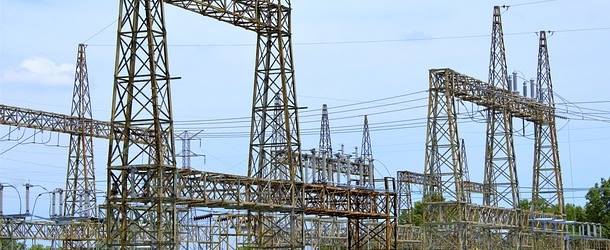Tying Quantum Computing to AI Prompts a Smarter Power Grid

(TechXplore) Quantum computing and artificial intelligence could learn to decipher an electric grid’s problematic quirks and solve system problems.
Rather than energy grid faults turning into giant problems—such as voltage variations or widespread blackouts—blazing fast computation blended with artificial intelligence could rapidly diagnose trouble and find solutions in tiny splits of seconds, according to Cornell research forthcoming in Applied Energy (Dec. 1, 2021).
“Energy power system failures are an old problem and we are still using classic computational methods to resolve them,” said Fengqi You, the Roxanne E. and Michael J. Zak Professor in Energy Systems Engineering in the College of Engineering. “Today’s power systems can benefit from AI and the computational power of quantum computing, so power systems can be stable and reliable.”
ou, along with doctoral student Akshay Ajagekar, are co-authors of “Quantum Computing-based Hybrid Deep Learning for Fault Diagnosis in Electrical Power Systems.”
The scientists propose a first-time, novel hybrid solution by creating a quantum-computing-based “intelligent system” approach to build a fault-diagnosis framework to accurately find problems in electrical power systems.
As society moves toward a greener environmental future, the ubiquity of electricity will become more important. “Electrical power systems are the backbone of our modern world,” said You, a faculty fellow with the Cornell Atkinson Center for Sustainability. “The marriage of quantum technologies and AI could make a difference in our daily life.”



















